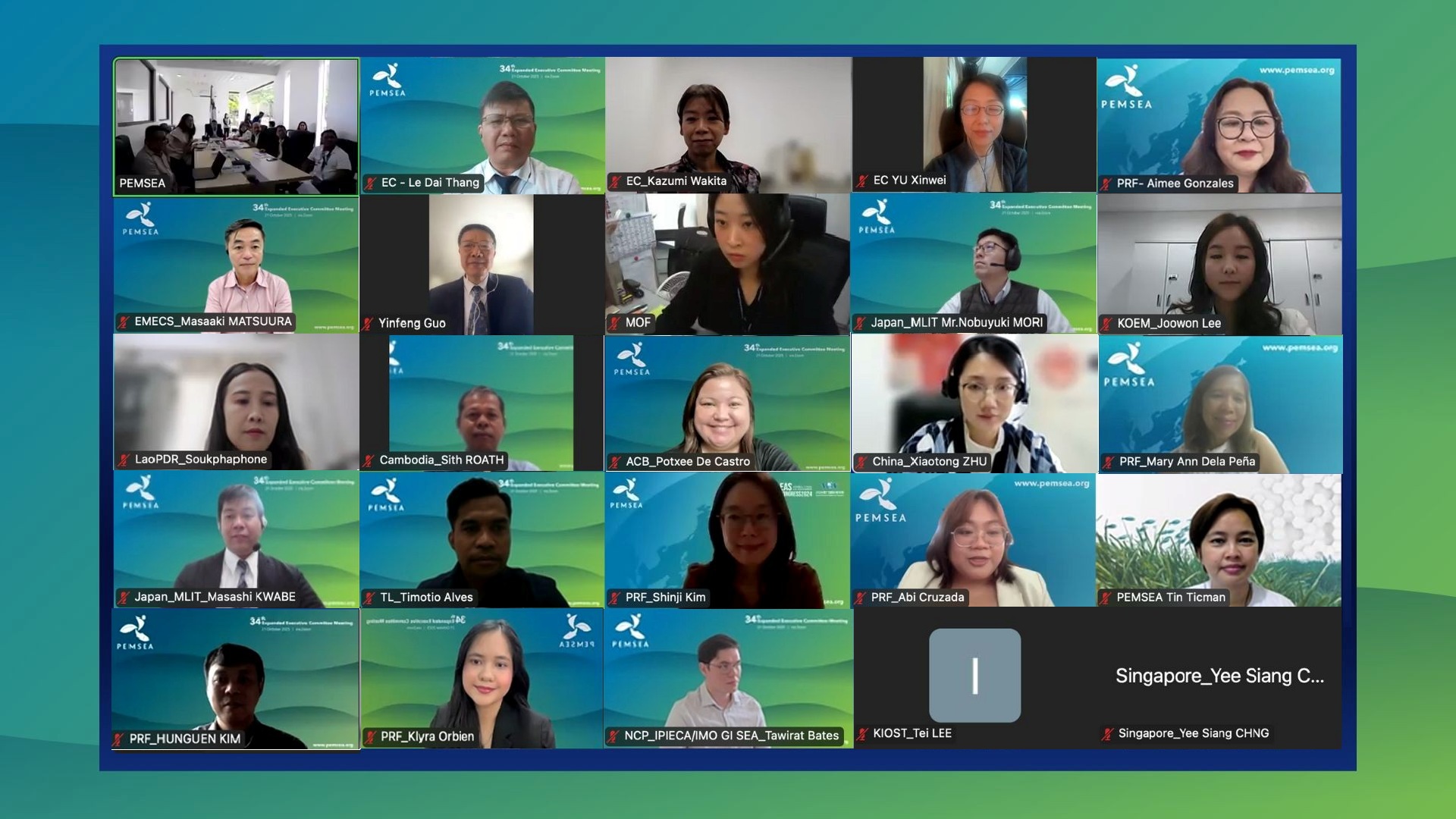State of River Basin Reporting to start in seven priority rivers in Southeast Asia
Tuesday, 7 May 2024

During the opening of the two-day workshop, IRBM Regional Project Manager Ms. Nancy Bermas shared the overview of reporting systems in the Southeast Asian region and the current state of practice.
Quezon City, Philippines – As part of an evidence-based approach to conserve and improve the water quality of the identified priority river basins in Southeast Asia, a reporting mechanism will be established in six ASEAN member states including Cambodia, Indonesia, Lao PDR, Malaysia, Philippines, and Viet Nam starting in 2024.
Mainland Southeast Asia is home to five major transboundary river systems including the Mekong River, Red River, Irrawaddy River, Salween River, and Chao Phraya River. Maritime Southeast Asia also hosts major river systems that flow into the adjacent coastal and marine areas. These rivers are vital sources of freshwater for drinking, irrigation, and hydropower. They are also home to unique plants and animals that contribute to healthy and well-functioning ecosystems; support transportation, recreation and tourism, and provide a range of other services. However, these rivers are currently under threat from population growth, urbanization, industrialization, and climate change.
Dr. Inthavy Akkharath, Chair of ASEAN Working Group on Water Resources Management, stated, “The ASEAN region hosts some of the major transboundary river systems. Consolidating and analyzing available social, economic, and environmental data will guide us in improving our existing management programs or putting in place new management interventions to protect and sustain our water resources.”
The State of River Basin (SORB) Reporting is a key monitoring, evaluation, and reporting mechanism being established through the Integrated River Basin Management Project Its primary objective is to establish a baseline condition in a river basin before any intervention takes place. This mechanism will help assess the progress, achievements, and challenges of ongoing efforts by determining changing conditions and the driving forces of change. The recommendations from the SORB will be used to continuously improve interventions and ensure more gender-inclusive participation and results.
During a two-day workshop held in Quezon City Philippines, the SORB framework, indicators, means of verification and steps in developing the report were discussed. The workshop was attended by national and local government officials, university partners and specialists from the six countries involved. The regional workshop took place on 29-30 April 2024.

Government partners from six ASEAN member states and representatives from UNDP, PEMSEA, and Institute for Global Environmental Strategies during the regional workshop for the State of River Basin Reporting.
Ms. Aimee T. Gonzales, from the Partnerships in Environmental Management for the Seas of East Asia (PEMSEA), emphasized the importance of being able to measure the impact of environmental programs. She stated, “It is crucial to measure what we manage, especially in contiguous water bodies, where we cannot see what is happening below the surface. It is also important to determine whether our actions are making a difference in people’s lives and the coastal and marine habitats and ecosystems.”
The United Nations Development Programme, represented by Deputy Resident Representative to the Philippines Mr. Edwine Carrie, recognized the interconnectedness of major and smaller river systems, and their role in transporting pollutants to the open seas. He stressed the need for prompt and collective action to address the significant risks they pose to both freshwater and marine ecosystems.
The Regional Project Management Unit of PEMSEA Resource Facility will support the seven river basins in developing their respective SORB Reports based on the SORB Guidebook. These reports will be launched at the 2024 East Asian Seas Congress.
About the IRBM Project
Supported by the Global Environment Facility, the Integrated River Basin Management (IRBM) Project aims to set-up functional management mechanisms in priority river basins of six ASEAN countries to reduce pollution and sustain freshwater environmental flows as well as adapt to climate change vulnerabilities.The Project is being implemented by the United Nations Development Programme, and executed by Partnerships in Environmental Management for the Seas of Seas Asia, in collaboration with ASEAN.
###




